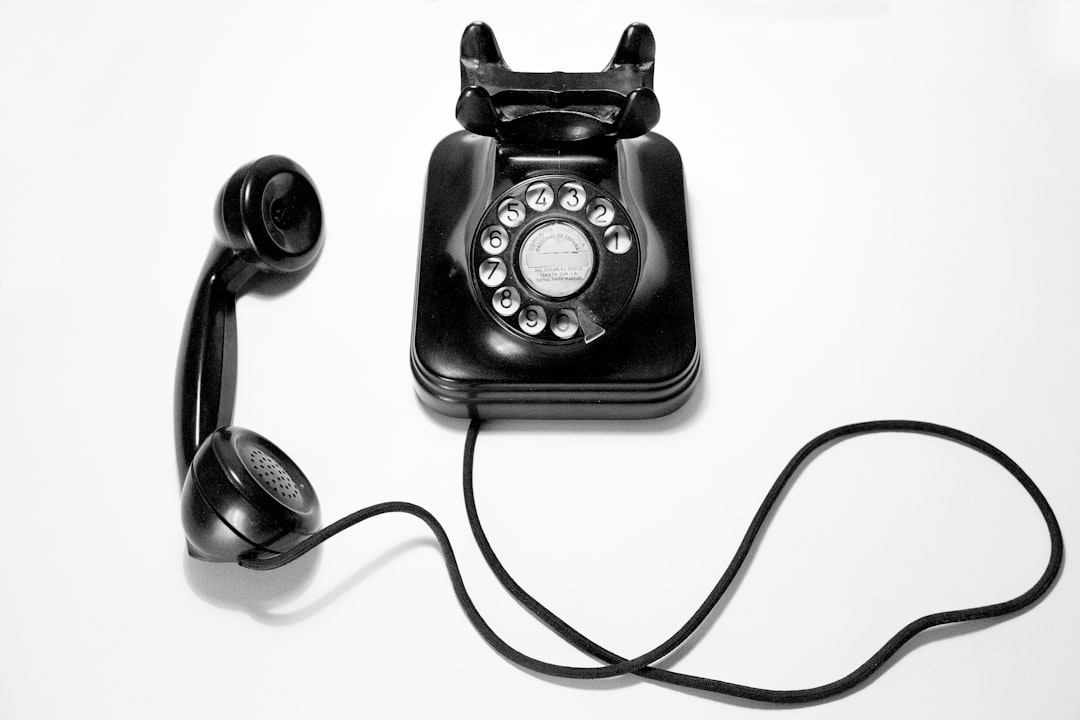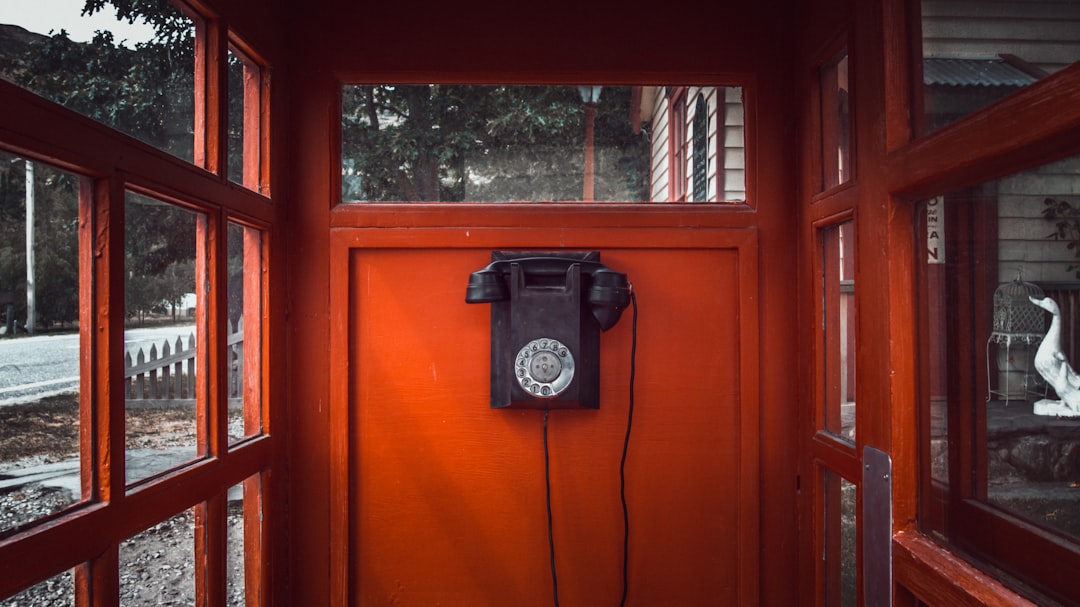In Washington state, strict regulations, enforced by the "Spam Call law firm Washington," govern automated and prerecorded marketing calls (robocalls) to protect consumers from unwanted telemarketing. Businesses must obtain explicit written consent before making such calls, facing penalties of up to $1,000 per violation and potential treble damages. Consumers can file complaints with the Attorney General's Office if they receive unauthorized robocalls. Staying informed about these regulations is crucial for both businesses and consumers in Washington state to maintain legal practices and protect consumer privacy.
In Washington state, robocalls are subject to stringent regulations aimed at protecting consumers from unwanted and intrusive phone marketing. Understanding Washington’s Spam Call Laws is crucial for both businesses and individuals. This article delves into the requirements for written consent in the context of robocalls, explores implications for all stakeholders, and examines legal actions and penalties under this act. For businesses looking to navigate these regulations, consultation with a spam call law firm in Washington is recommended.
Understanding Washington's Spam Call Laws

In Washington state, robocalls and unsolicited telemarketing calls are subject to strict regulations designed to protect consumers from unwanted and deceptive communication. The Spam Call law firm in Washington plays a pivotal role in enforcing these rules, ensuring businesses comply with the state’s stringent standards. Under Washington law, companies must obtain written consent from individuals before placing automated or prerecorded phone calls for marketing purposes. This means that if you haven’t given explicit permission for a business to contact you via robocall, such calls are illegal.
Understanding and adhering to these laws is crucial for businesses to avoid penalties and maintain consumer trust. Washington’s Spam Call law firm offers guidance and enforcement mechanisms, ensuring residents’ privacy rights are respected. Consumers who receive unwanted robocalls can file complaints with the Attorney General’s Office, which can take legal action against non-compliant businesses. Staying informed about these regulations is essential for both businesses and consumers alike to navigate the phone communication landscape in Washington state effectively.
Written Consent: What It Means for Robocalls

Under Washington state law, “written consent” is a crucial element in the context of robocalls and telemarketing activities. This means that businesses or individuals making automated phone calls, often known as spam calls, must obtain explicit permission from the recipient in writing before initiating such communications. It’s not enough for a customer to have done business with you in the past or to have their number on file; written consent specifically authorizes future robocalls and ensures compliance with the state’s Spam Call law firm Washington regulations.
Written consent can be obtained through various methods, such as signing up for promotional materials via email or mail, completing an online form, or submitting a written request through a business transaction. This process helps protect consumers from unwanted and intrusive phone marketing while ensuring that businesses operate within the legal framework.
Implications for Businesses and Consumers

For businesses, the implications are significant, especially those that rely on phone marketing strategies. In Washington state, adhering to the strict spam call law firm regulations is crucial to avoid legal consequences and protect consumer privacy. Businesses must obtain explicit written consent from customers before making automated calls, ensuring comprehensive data security measures are in place to safeguard personal information.
Consumers benefit from this legislation as it empowers them to have more control over their phone numbers. They can rest assured that unwanted robocalls will be reduced, providing a more positive and secure communication experience. This shift in the Spam Call law firm Washington landscape encourages businesses to adapt their marketing approaches, fostering a more respectful and responsive relationship with their target audience.
Legal Actions and Penalties under the Act

Under Washington state’s strict Spam Call law, unauthorized automated telephone marketing calls can result in significant legal consequences for violators. If a business or individual is found guilty of making robocalls without obtaining prior written consent, they may face substantial penalties. These include civil fines ranging from $500 to $1,000 per violation, with the potential for treble damages if it’s determined the calls were malicious or willful.
Legal actions can also be taken by affected consumers. Washington state law allows individuals to file a private lawsuit against the offending party, seeking compensatory and punitive damages. Additionally, the Attorney General’s office actively enforces this legislation and may initiate legal proceedings against companies or organizations that disregard the written consent requirement, further emphasizing the gravity of violations under the Spam Call law firm Washington regulations.






